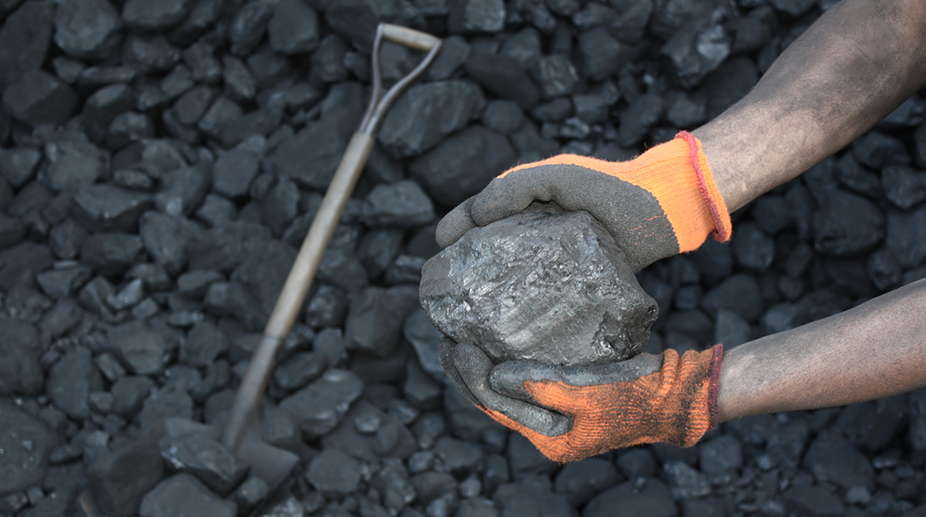Natural gas – a clean fuel vastly underutilised in India – came to the rescue of power plants recently faced with shortage of coal supplies, an industry leader said on Wednesday.
“Around three weeks back some power plants were suddenly affected by the lack of availability of coal supplies and natural gas could fortunately come to their rescue,” state-run gas transmission utility GAIL India’s Chairman B.C. Tripathi said while addressing the first Gas Infrastructure Conference here organised by industry chamber Ficci.
“These thermal power plants consumed around 3 million tonnes of gas to tide over the coal shortage and the crisis was resolved without anyone outside becoming aware of it,” he said.
Lamenting the relatively low utilisation of gas in the country “of between 6 to 7 per cent”, Tripathi called for wider use of the green fuel across sectors, policy reform and raising awareness for moving to a “gas economy”, which the government has announced as its goal.
“In the last 10 years we could not complete a single pipeline mainly on account of questions of economic viability..because of regulatory tariffs,” he said.
Detailing the economics in this regard, the GAIL chief said that building a 5-million tonne liquefied natural gas (LNG) terminal plus 1,000 km of pipelines requires an investment of Rs 10,000 crore.
“Unless such an infrastructure capacity is utilised at least 50 per cent, and not 6-7 per cent as currently, it is not viable…the basic challenge for industry now is to generate demand, supplies are available,” he said, adding that the international market is presently quite favourable.
Making its bi-annual revision, the government has increased the price payable for domestic natural gas by around 17 per cent to $2.89 per million British thermal unit (mbtu) for the period October 2017 to March 2018.
Prior to this, the gas prices have been revised downward by about 50 per cent since the implementation of the gas pricing formula in October 2014.
This is the first price increase after five consecutive domestic gas price reductions, and has been driven by an increase in the average gas prices prevalent at the reference gas hubs over last year.
The price ceiling for extracting gas from difficult deep-sea and high-pressure high-temperature areas has been raised 13 per cent to $6.30 per mbtu.
Tripathi also called for bringing gas under the Goods and Services Tax (GST) to encourage its production and distribution. It continues to be taxed as per the old VAT regime.











